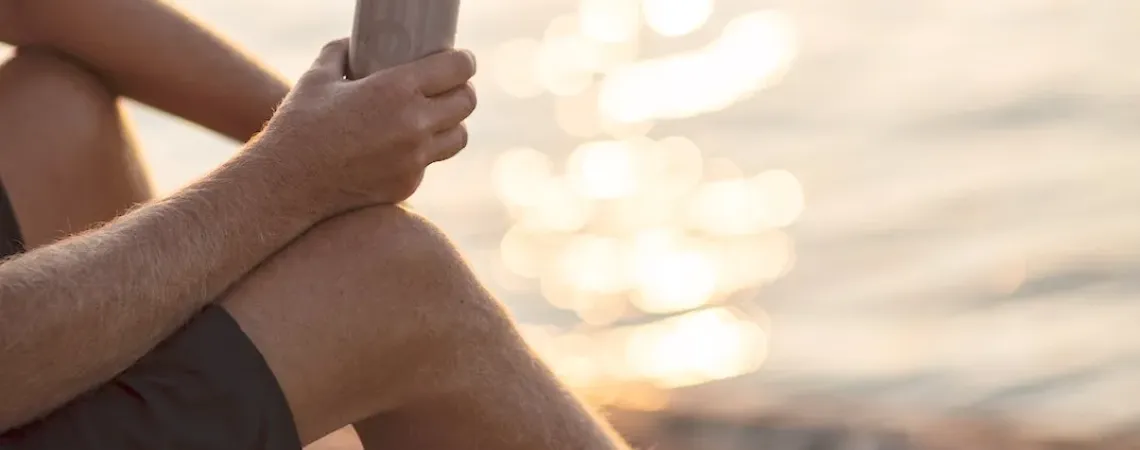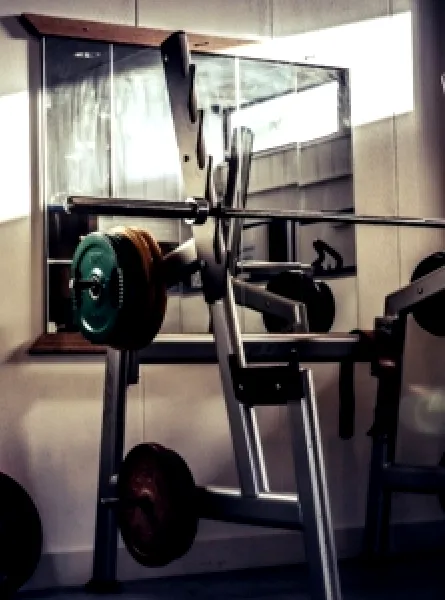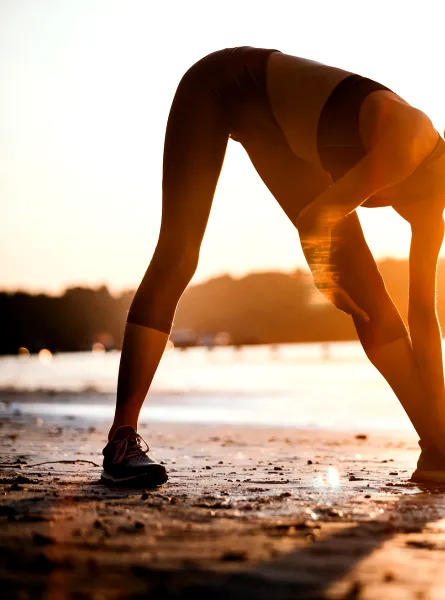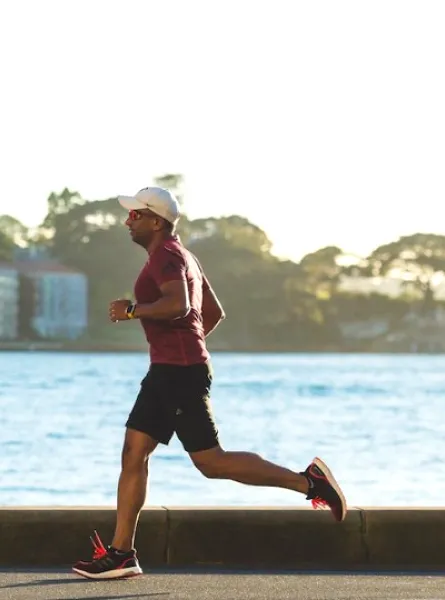
With summer in full swing, there's no need to remind you that hydration is essential to ensure proper performance and recovery, no matter what sport you practice. Whether you're training or competing, it's best to be prepared to avoid the unpleasant consequences of dehydration.
Beware of adverse effects!
With moderate dehydration, one can observe a loss of appetite, nausea, dry mouth, headaches and palpitations. However, severe dehydration can lead to dizziness, breathing difficulties, extreme fatigue and even hallucinations. Not very practical when it comes to performing, not to mention that you can also put your life in danger! Here are 7 tips to make sure you are well hydrated to perform:
1. Water + Carbohydrates + Sodium
Those are the 3 essential components when you want to ensure optimal hydration! It allows for better hydration than just drinking water. Sodium may also reduce the risk of cramps, while carbohydrates provide energy for better performance. For 100 mL of water, aim for 4-8 g of carbohydrates and 50-70 mg of sodium.
2. Start Well Hydrated
Although adequate hydration before, during and after exercise is optimal, hydrating well before exercise helps to reduce body temperature and heart rate. It can also allow you to sweat earlier during exercise. Sweating is a natural mechanism of our body and allows the maintenance of an adequate body temperature. In a performance context, this can be a winner!
3. Small Sips, Small Intervals
To reduce gastrointestinal discomfort and ensure better hydration, it is best to focus on the frequency of hydration. During exercise, try to drink small amounts of liquid as often as possible. For example, drinking 150 to 350 ml of water every 20 minutes (in small sips) could be a good strategy.
4. Liquid Carbohydrates
During longer efforts, carbohydrates are necessary to replenish energy and facilitate hydration. Why not opt for liquid carbohydrate sources such as sports drinks (i.e. Gatorade, Powerade or a homemade sports drink) rather than solid carbohydrates (gels, bars, etc.) when the weather is hot?
5. A Liquid Is Still a Liquid
What should we do with tea, coffee or energy drinks? Do they make you "lose" water? Not exactly. It is true that these drinks are not as hydrating as a sports drink or a large glass of water, since they have a mild diuretic effect (i.e., they stimulate water loss via the urine). However, they are still liquids. They can therefore be consumed according to one's digestive tolerance and good judgment.
6. Urine Under Surveillance!
To check if you are well hydrated, there is nothing better than to look at the color of your urine. Generally speaking, we aim for a "lemonade-coloured" urine.
7. Take the time to make a hydration plan
Having a personalized hydration plan can be beneficial. It allows us to determine how much fluid we need during training and competition, and also to determine the time, frequency and type of fluids that are adapted to our needs. Fortunately, it is possible to contact a dietitian in order to develop the best hydration strategies adapted to our condition!
Otherwise, for those who wish to do their own calculations, it is generally recommended that you consume 1 mL of water for each calorie you burn. But be careful, this calculation is only an estimate and it is better to refer to a professional in case of doubt!
Source : Reference : Clinical sports nutrition, 5th edition, by Louise Burke and Vicki Deakin.





